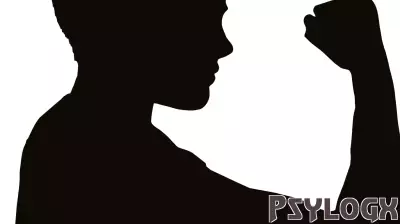March 4, 2025 - 03:29

Recent studies indicate that conservatives are notably less inclined to pursue therapy compared to their liberal counterparts. This disparity raises important questions about the underlying values, trust issues, and societal perceptions that influence mental health treatment across the political spectrum.
One significant factor is the cultural stigma surrounding therapy, which tends to be more pronounced in conservative communities. Many conservatives may view seeking help as a sign of weakness or a lack of self-reliance, leading them to prefer self-sufficiency over professional assistance. Additionally, there is often a distrust of the mental health system among conservative individuals, who may perceive it as aligned with liberal ideologies.
The political divide also reflects differing beliefs about the role of government and social support systems. Conservatives may prioritize personal responsibility and traditional values, which can shape their attitudes towards mental health care. This divergence in perspectives ultimately highlights the need for tailored approaches to mental health that resonate with individuals from various political backgrounds, fostering a more inclusive environment for healing and support.



